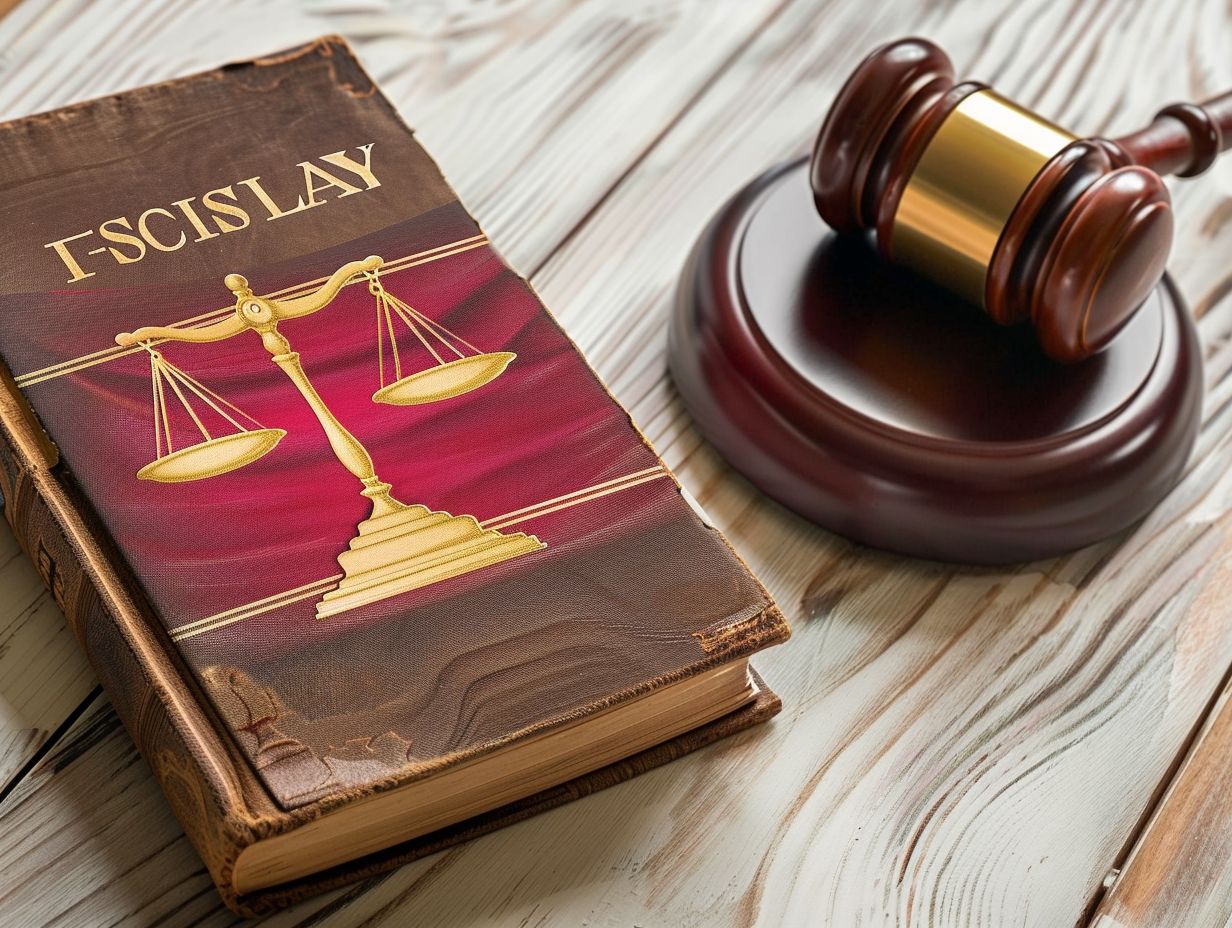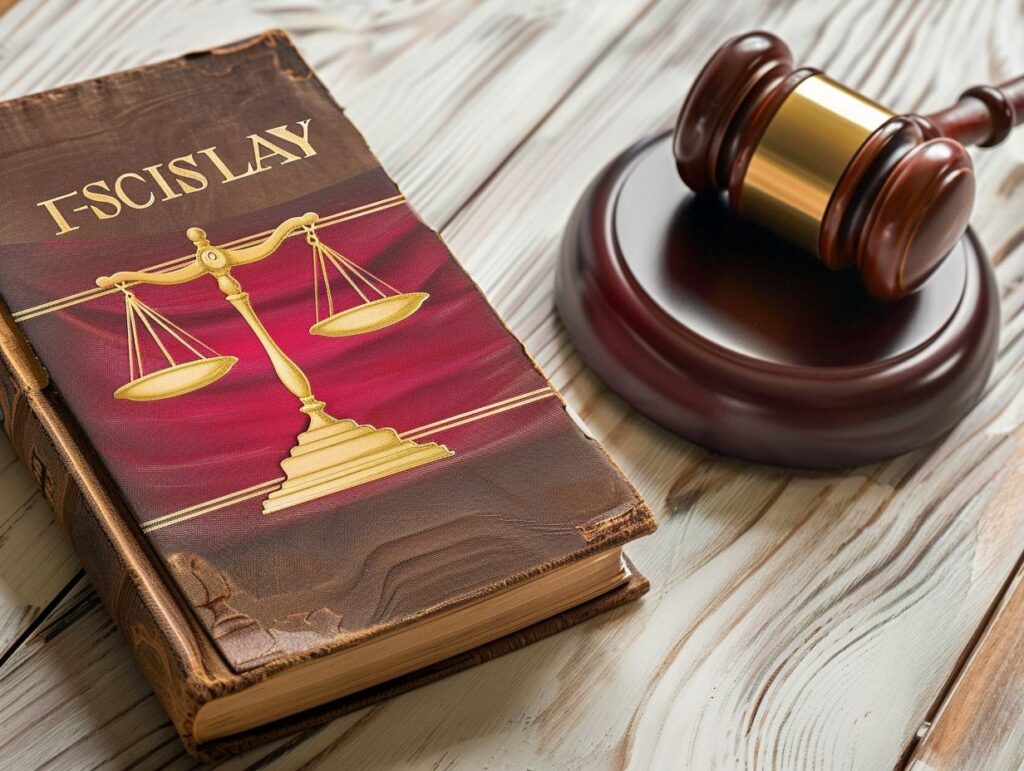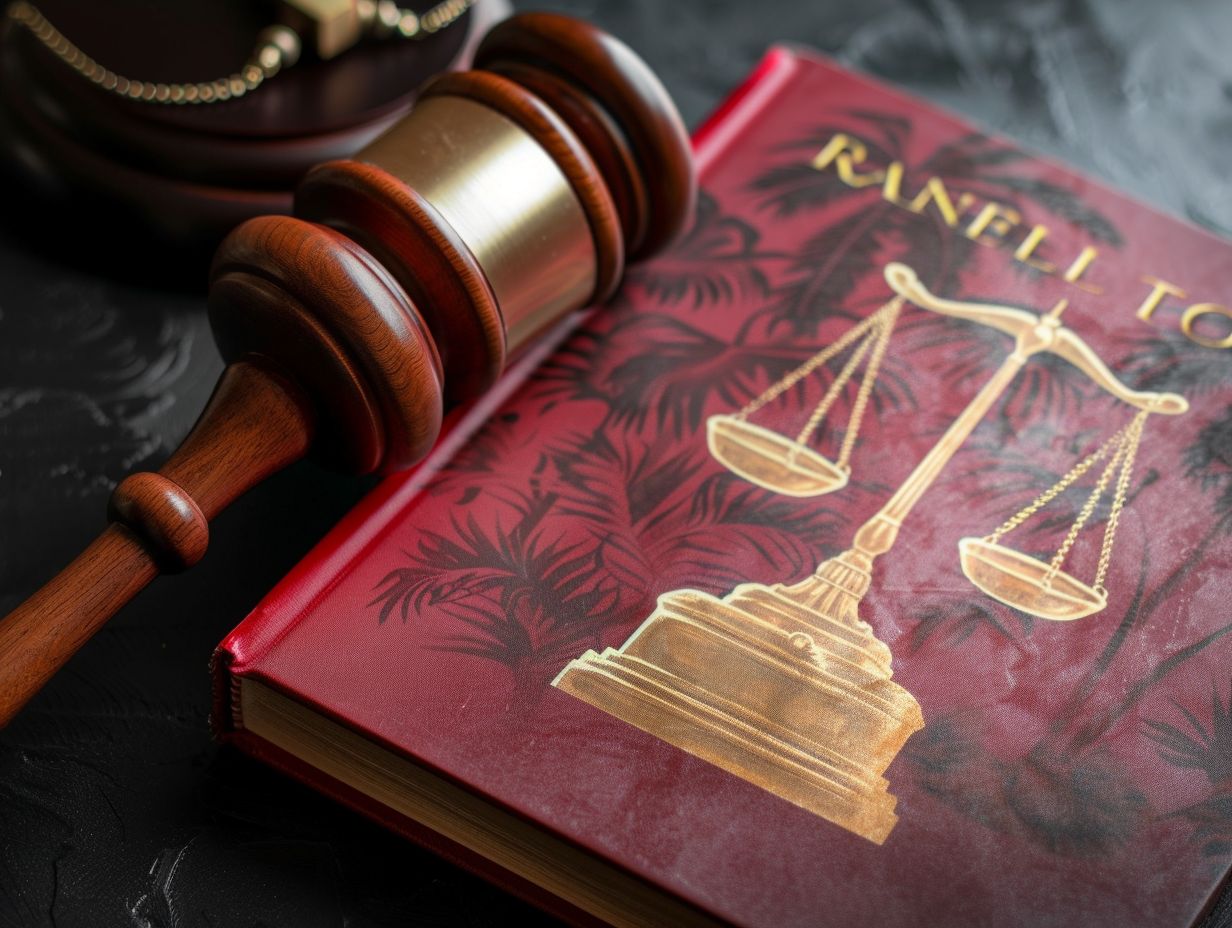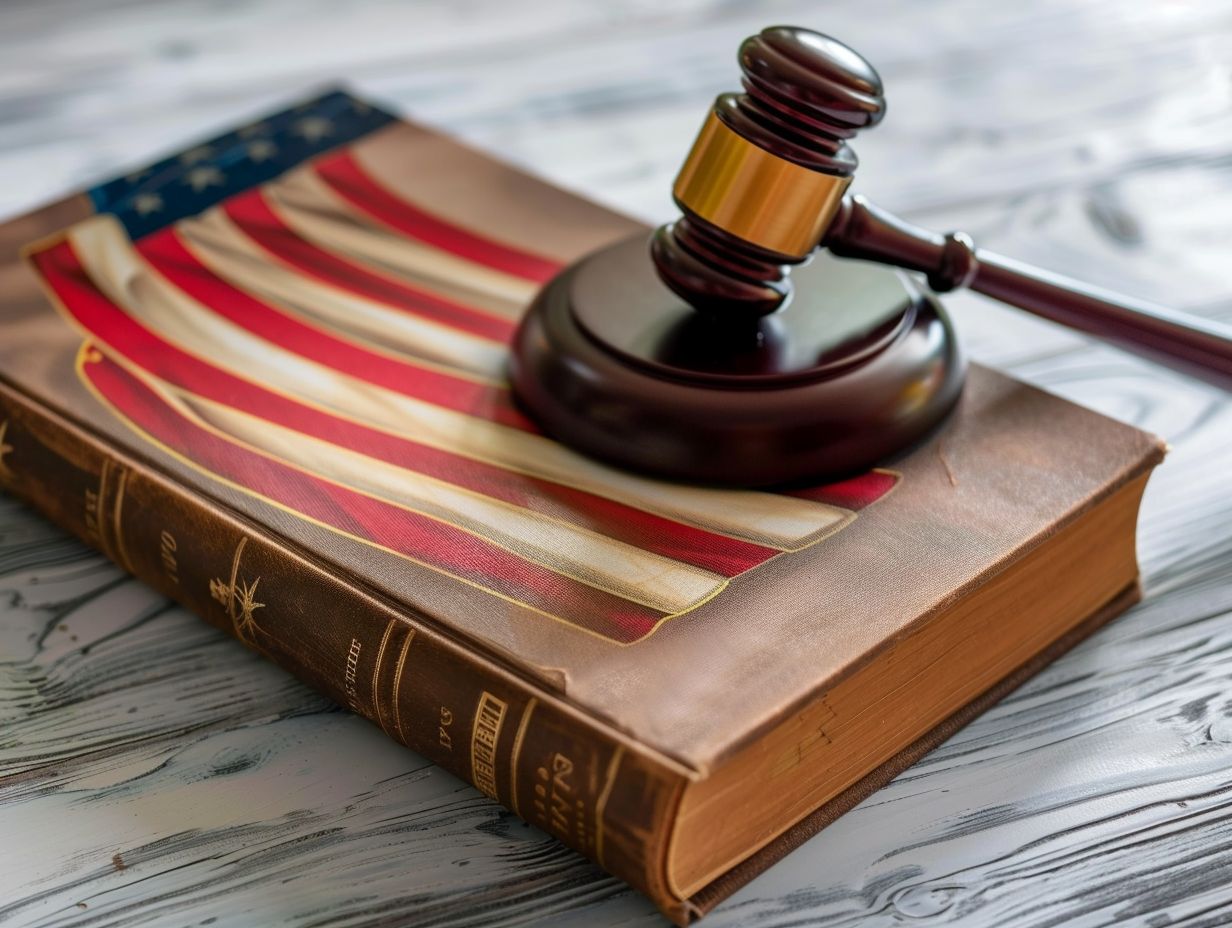Curious about defamation and personal injury laws in Florida? In this article, we’ll explore the types of defamation, elements of a personal injury claim, defenses against defamation, and more.
Learn how defamation can be considered a form of personal injury and understand the specific laws governing both defamation and personal injury in the state of Florida.
Whether you’re seeking information for legal purposes or simply want to expand your knowledge, this article has you covered.
What is Defamation?

Defamation in Florida involves the communication of a false statement that damages the reputation of an individual, business, or entity, with the plaintiff required to establish the defendant’s fault in the situation.
What is Personal Injury?
Personal injury law in Florida pertains to harm or injury sustained by an individual as a result of the negligence or wrongful actions of another party, with the plaintiff seeking compensation from the defendant for the damages incurred.
How are Defamation and Personal Injury Related?
Defamation and personal injury are connected in that both entail harm caused to a plaintiff by a defendant, with the plaintiff seeking compensation for the damages suffered.
1. Defamation as a Form of Personal Injury
Defamation can be viewed as a type of personal injury since it results in harm to an individual’s reputation, typically through slander or libel.
In the realm of personal injury law, defamation plays a significant role by focusing on the harm inflicted on a person’s reputation rather than physical injury. When someone experiences defamation, they have the option to pursue various forms of compensation.
These can include compensatory damages, which are intended to cover financial losses, emotional suffering, and damage to reputation. Punitive damages may also be granted as a means of punishing the defendant for their actions and dissuading others from engaging in similar misconduct.
2. Personal Injury Claims Based on Defamation
Personal injury claims based on defamation typically require the plaintiff to demonstrate that the defendant made a false statement that caused harm to their reputation and resulted in damages.
To support a personal injury claim for defamation, the plaintiff needs to collect evidence such as any written or recorded statements made by the defendant, witness testimonies, and any documentation showing the negative impact on their reputation or financial losses.
It is essential to provide evidence of the false statement’s publication and its connection to the damages suffered. Regarding damages, the plaintiff may seek compensation for loss of income, emotional distress, harm to reputation, and any other financial losses incurred as a direct result of the defamatory statement.
What are the Laws on Defamation in Florida?
The regulations concerning defamation in Florida are outlined in the Florida Statutes, covering both libel and slander, and incorporating particular provisions for defamation per se.
1. Libel and Slander Laws in Florida
The legal distinction in Florida between libel, which pertains to written defamation, and slander, which pertains to spoken defamation, is outlined in the Florida Statutes.
In Florida, libel is defined as the dissemination of false information that damages an individual’s reputation, while slander involves the verbal communication of such statements. Florida Statutes Chapter 770 details the criteria for establishing libel and slander, which includes proving the falsehood of the statement and the resulting harm to the individual.
Significant legal precedents, like the influential decision in New York Times v. Sullivan, have influenced the legal framework on defamation in Florida. This case underscores the value of free speech and highlights the substantial burden of proof necessary for public figures to prevail in defamation lawsuits.
2. Defamation Per Se in Florida
In Florida, defamation per se refers to statements that are inherently harmful, leading to the presumption of damages to the plaintiff’s reputation without requiring additional proof of harm.
In contrast to typical defamation cases that necessitate proof of actual damages, defamation per se cases are considered so harmful on their face that they are presumed to have caused harm.
Statements falling under defamation per se categories include false accusations of serious crimes, questioning someone’s professional integrity, allegations of serious sexual misconduct, or false claims of a person having a loathsome disease. These types of statements are inherently harmful and damaging to one’s reputation, thus meeting the criteria for defamation per se.
What are the Laws on Personal Injury in Florida?
The legal regulations on personal injury in Florida cover a range of principles intended to offer compensation to individuals who have experienced harm because of the negligence or wrongful actions of others.
1. Comparative Negligence in Florida
In Florida, the comparative negligence rule is followed, which means that a plaintiff’s compensation may be reduced in proportion to their percentage of fault in causing the injury.
This rule practically implies that even if the plaintiff is partially at fault for the accident, they can still receive damages, but the awarded amount will be decreased in correlation with their level of fault.
For example, if the total damages in a case amount to $10,000 and the plaintiff is considered 30% responsible, their compensation will be adjusted to $7,000. This method offers an equitable means of assigning responsibility in personal injury cases and ensures that each party is accountable for their involvement in the incident.
2. Damages Available in Personal Injury Cases in Florida
In personal injury cases in Florida, damages available can include compensatory damages for medical expenses, lost wages, and pain and suffering, as well as punitive damages in certain cases. Compensatory damages aim to compensate the injured party for their losses.
Medical expenses cover costs like hospital bills, surgeries, medication, and rehabilitation. Lost wages account for income lost due to the injury, including past and future earnings. Pain and suffering damages address the physical and emotional distress caused by the accident.
On the other hand, punitive damages are awarded to punish the defendant for gross negligence or intentional harm, often exceeding compensatory amounts. For instance, if a drunk driver causes a severe accident, a court may order punitive damages to deter such reckless behavior in the future.
Frequently Asked Questions
What is defamation and how is it defined in Florida’s laws?
Defamation is the act of making false statements about someone that harm their reputation. In Florida, it is defined as the intentional publication of a false statement that damages a person’s reputation.
What is the difference between libel and slander in the context of Florida’s laws on defamation?
Libel refers to written or published false statements that harm a person’s reputation, while slander refers to spoken false statements. Both are considered forms of defamation in Florida and can lead to legal action.
Can I sue for defamation if someone spreads rumors about me?
Yes, you can sue for defamation if someone spreads false rumors about you that harm your reputation. However, you must be able to prove that the statements were intentionally made and caused actual harm.
What is the statute of limitations for filing a defamation lawsuit in Florida?
In Florida, the statute of limitations for filing a defamation lawsuit is two years from the date the defamatory statement was made or published. It is important to act quickly in these cases, as the time limit is strict.
Can I be held liable for defamation if I share someone else’s defamatory statement on social media?
Yes, you can be held liable for defamation if you knowingly share or repost someone else’s defamatory statement on social media. It is important to be cautious about what you share online and to avoid spreading false information.
What is considered a personal injury in Florida and what steps should I take if I have been injured in an accident?
A personal injury in Florida is any physical, mental, or emotional harm caused by another person’s negligence or intentional actions. If you have been injured in an accident, it is important to seek medical attention and consult with a personal injury lawyer to understand your rights and potential legal options.

























Rate this article:
Average rating 0 / 5. Vote count: 0
No votes so far! Be the first to rate this post.
No Comments yet!